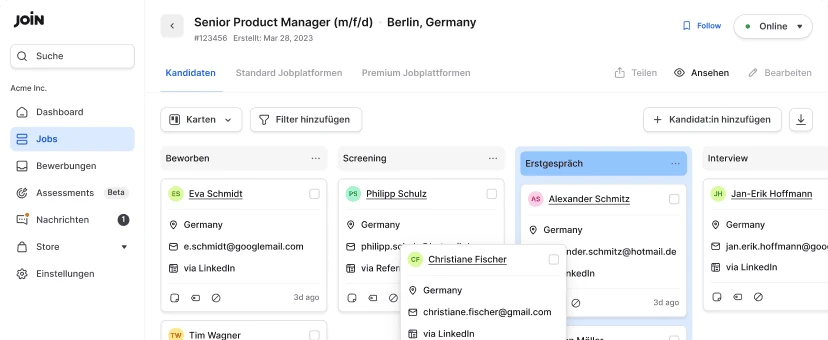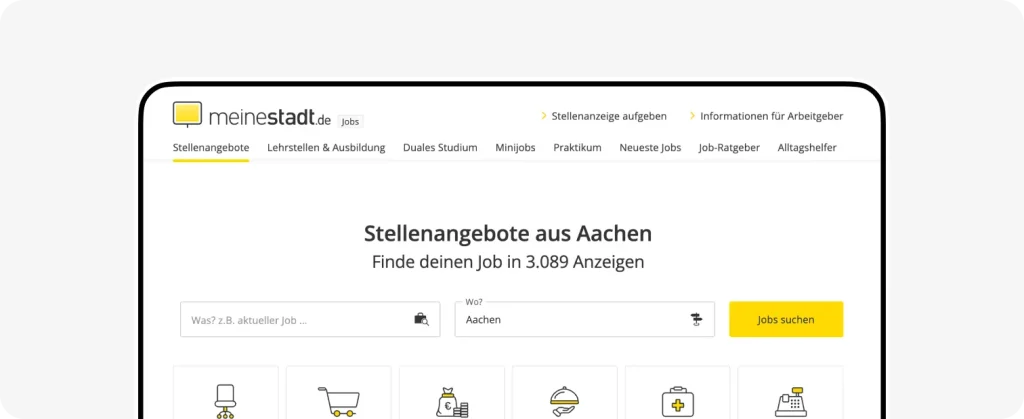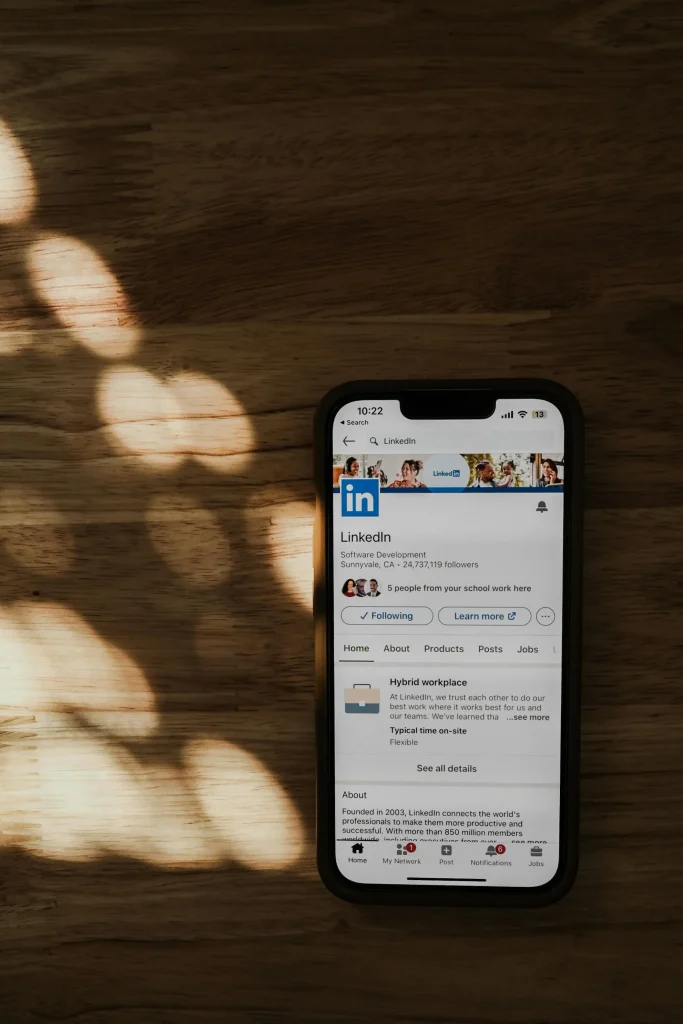Best interview questions for your hiring process
Teacher Interview questions
Teachers are education professionals who will help to provide a class of students with knowledge, understanding, and support in mastering a subject or a range of subjects.
These are the most important qualities to look for in a Teacher:
- Patience and understanding
- Passion for their subject or chosen subjects
- Great level of organisation
- Close attention to detail
- Creative thinking
- Understanding of different learning styles
Interviewing a Teacher
Teachers need to be patient, levelheaded, and creative with the way that they adhere to different pupils’ learning styles. To help ensure these are qualities your teacher has, we’ve put together these example Teacher interview questions that will help you to test the candidate’s skills.
As Teachers are partially responsible for their students’ development and education, the interview process for this role needs to be flawless. These Teacher interview questions ensure that this is the case.
How to open the job interview
Even the most experienced teachers may feel slightly nervous before a big job interview. Therefore, it is important to put your candidate at ease early in the interview to get a full overview of their personality and skills.
This can be done by asking a few lighthearted opening questions to get the conversation flowing naturally.
Best interview questions for your hiring process
See our example Teacher job description hereFor the interview
A positive opener to start
What do you enjoy most about teaching?
Why did you choose a career in teaching?
Behavioral Questions
Name a time you changed the way a part of the curriculum was taught which had a positive impact on the class?
Tell me about the most challenging pupil you have worked with and how you managed to adapt to this?
Some pupils will require extra time, attention, and techniques when it comes to teaching. Here, you’re looking for a candidate who has worked with more challenging pupils, and how they managed to adapt to this while still providing a great level of education.
Tell me about a time you weren’t sure how to answer a question that a student asked. How did you deal with this?
Contrary to popular belief, Teachers don’t always have the answer! Knowing your Teacher can deal with a difficult question in a professional, calm manner is important. They should not try to ‘make up’ an answer on the spot.
Talk me through a time when a pupil has had trouble understanding an explanation that you have given them, what were your next steps?
Here a Teacher should mention using extra resources such as presentations, examples, diagrams, or demonstrations to help get the point across. They may also mention providing the child with some one-on-one lessons to ensure they don’t get left behind.
Soft Skills
How do you prioritise student requests when multiple children are asking questions at the same time?
As Teachers lead by example, it is important that they deal with any potentially chaotic situations with a good degree of organisation. Here, they should use their communication skills to explain they will get around to speaking to every child in an orderly manner. They should mention not leaving any questions unanswered and perhaps answering any frequently asked questions to the whole class.
What steps would you take if you received negative feedback during a class inspection from a superior or inspector?
Here, you’re looking for a candidate who does not get defensive. Your potential Teacher should be able to take this feedback on board and use their initiative and drive to succeed to help influence future lessons.
What skills do you have that are important as a Teacher?
Here, a candidate will name their relevant teaching skills, whether they’re soft skills or hard skills. They may mention skills you hadn’t considered!
When helping a student to improve their knowledge in a subject in a one-on-one lesson, how do you be sure they’re taking the information you prove in?
Communication skills are an essential part of a Teacher’s role. Here, a candidate may mention doing a quick quiz, allowing for a time where a student can ask questions, or simply asking the student for feedback.
Hard Skills
What is the largest class you have taught? How did it go?
Classroom sizes differ from school to school. Knowing what size class your potential Teacher has worked with will help you to accurately assess their experience with your current school.
Which age group have you taught in previous roles?
As above, this will let you assess a candidate’s experience against your role expectations.
Which subjects have you taught most in the past?
This question will only be relevant for roles where a Teacher will need to teach multiple subjects. Here, you can match their teaching experience against your needs.
Have you taken any specific first aid, or safeguarding training?
Extra qualifications such as specialised safeguarding training are a great addition to bring to your educational faculty. Knowing whether this is something your candidate has in advance can add a point to the interviewing scoreboard.
Are you experienced with working with students who have special educational needs?
This won’t be a make-or-break question in some circumstances, but if this is a skill your candidate will need in the role it is important to clarify it as early as possible.
Operational / Situational Questions
If you were required to teach a module you weren’t confident with, what would you do?
Here you’re looking for a candidate who mentions researching the subject they need to teach well in advance before the lesson so that they can provide the best possible educational experience. They may also mention bringing in a guest speaker or Teacher at some point to provide expert knowledge on the subject.
If you noticed your class were making frequent, similar mistakes, how would you deal with this?
Quality of education is critical for Teachers. Here, you’re looking for a Teacher who would mention providing extra lessons on a subject, to ensure the mistakes were cleared up. Frequently testing on these mistakes would ensure students understand where they were going wrong, and would allow the Teacher to monitor students’ progress.
Imagine a student comes to you with a confidential problem or issue. How would you deal with this?
Here you’re looking for immediate action. If the Teacher is trained on safeguarding, they may be able to take appropriate action themselves. However, if not, the information should be passed on to a safeguarding official.
If you were to join our team as a Teacher, what would your first steps be?
The Teacher should spend some time familiarising themselves with safeguarding practices, getting to know students’ individual needs, as well as making introductions with parents and other stakeholders.

Start hiring and prepare your interview
All platforms are available for you to promote your job through JOIN.
Create job ad for free


Different parts of the school curriculum will be more challenging than others for children to grasp. Knowing your potential Teacher has tried and tested techniques to deal with this subject matter is a huge green flag for hiring.